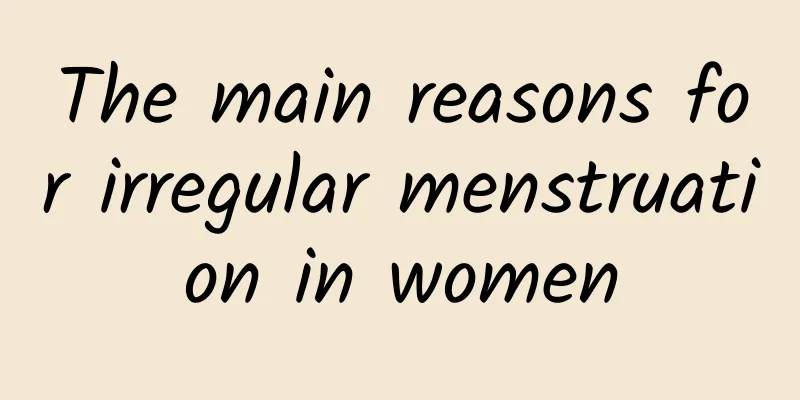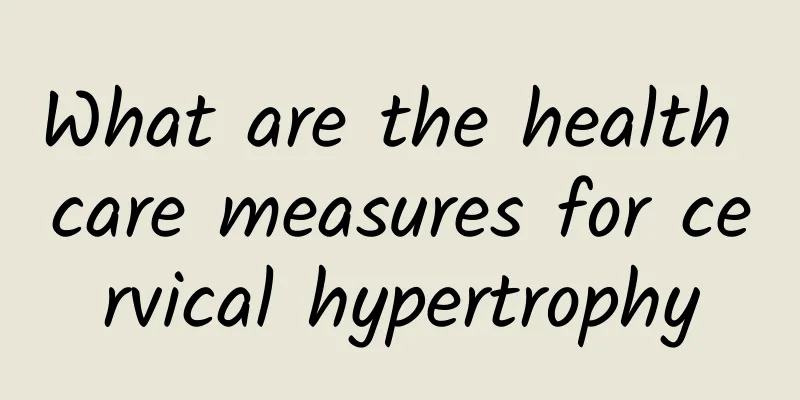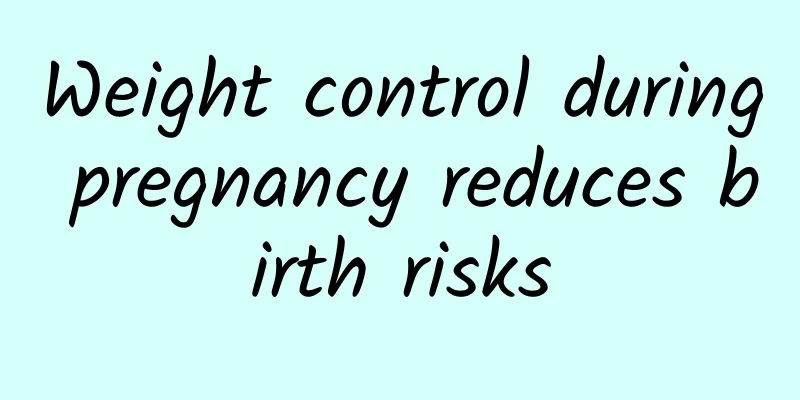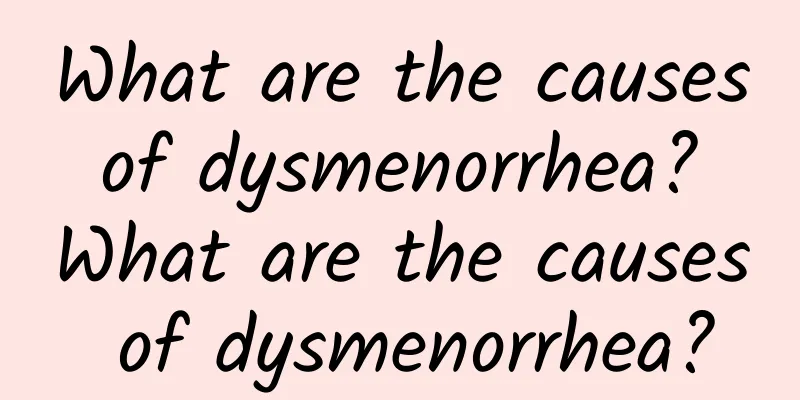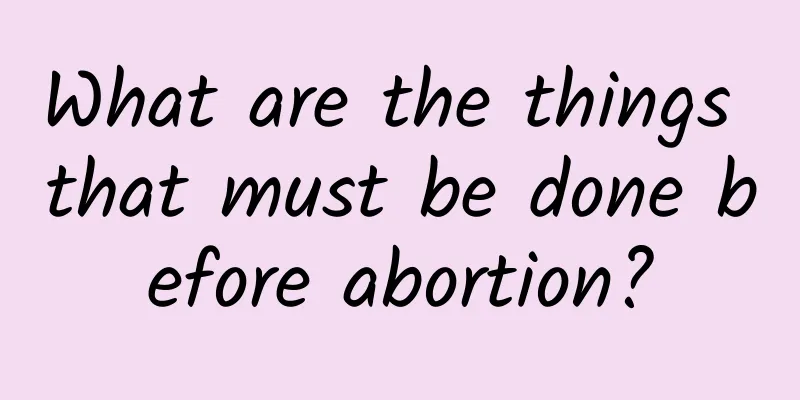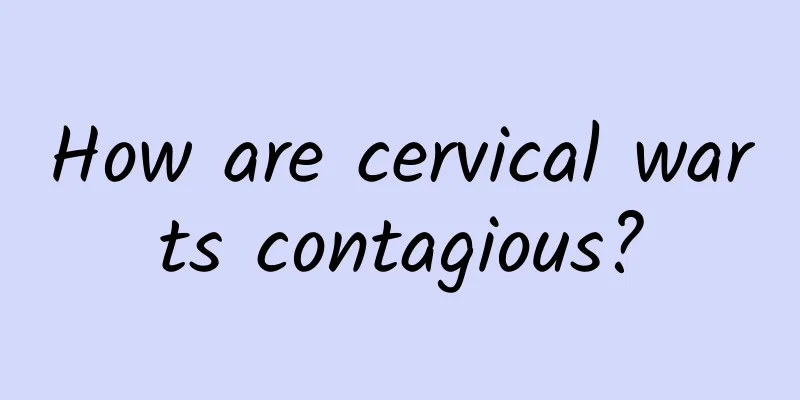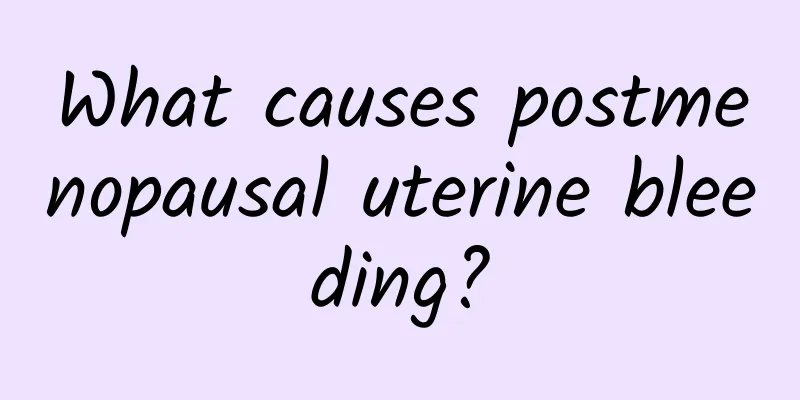How to treat uterine fibroids? Will the treatment of uterine fibroids cause complications?
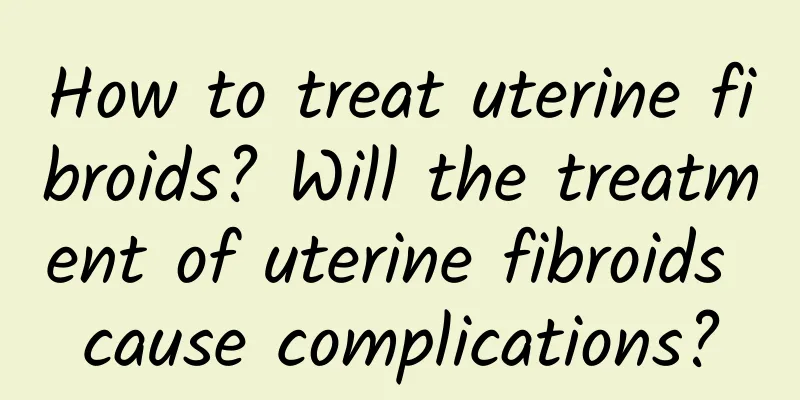
|
Generally speaking, the disease will recover after treatment and surgery, and other diseases will not occur. For example, uterine fibroids of these special diseases may have some complications during surgery. This is due to the protrusion of the tumor or surgical trauma. The tumor capsule is often ruptured, which is prone to infection and decay after rupture. Decay usually causes severe irregular bleeding and fever. Because necrotic tissue loses its coloring reaction, microscopic examination usually cannot obtain results. (1) Infection and suppuration: Myoma infection is the consequence of tumor pedicle torsion or acute endometritis. Hematogenous infection is very rare. The infection is sometimes purulent, and in a few cases, abscesses form in the tumor tissue. After the subserosal myoma pedicle is twisted, intestinal adhesion occurs, which may be infected with intestinal bacteria. The inflammatory myoma adheres to the uterine appendages, causing purulent inflammation. Submucosal fibroids are most susceptible to infection and often coexist with acute endometritis after abortion or in the puerperium. Some of them are caused by scraping or injury from obstetric surgery. Due to tumor protrusion or surgical trauma, the tumor capsule is often ruptured, which is prone to infection and decay after rupture. Decay usually causes severe irregular bleeding and fever. Due to necrotic tissue, the discharged decayed fragments lose their coloring reaction, and microscopic examination usually cannot obtain results. (2) Torsion: Subserosal fibroids can twist at the pedicle, causing acute abdominal pain. If the tumor pedicle is severely twisted, if surgery is not performed immediately or it cannot be turned back on its own, a free fibroid may be formed due to the twisting of the tumor pedicle, as described above. The twisted fibroid can also drive the entire uterus, causing axial torsion of the uterus. The site of uterine torsion is mostly near the internal os of the cervical canal, but this situation rarely occurs, mainly due to large subserosal fibroids attached to the bottom of the uterus and a slender cervical canal. The symptoms and signs are similar to those of ovarian cyst pedicle torsion, but the mass is harder. (III) Uterine fibroids complicated with pregnancy. (4) Uterine fibroids combined with uterine body cancer: Uterine fibroids combined with uterine body cancer account for 2%, which is much higher than uterine fibroids combined with cervical cancer. Therefore, menopausal patients with uterine fibroids and persistent uterine bleeding should be alert to the presence of endometrial cancer. Diagnosis and scraping should be performed before confirming treatment. |
Recommend
What are the symptoms of uterine fibroid contraction? What are the reactions to uterine fibroid contraction?
What are the symptoms of uterine fibroid contract...
Why is the vulva dry and itchy?
Many women of childbearing age are troubled by va...
What medicine should I take for abdominal pain caused by threatened abortion?
Threatened abortion makes expectant mothers vulne...
There are many tests for bacterial vaginosis.
What are the auxiliary examination methods for fe...
What causes uterine prolapse?
Uterine prolapse, which is the descent of the ute...
How to prevent miscarriage in patients with adenomyosis?
A woman's uterus is not only vital to her own...
Eliminate old waste! 5 Foot Massage Methods to Help You Lose Weight
The biggest obstacles to weight loss are low meta...
Is it accurate to measure blood sugar during menstruation? What should I pay attention to when measuring blood sugar?
Testing blood sugar during menstruation is inaccu...
Artists fast and induce vomiting to lose weight drastically, but at the cost of their health
For the sake of their acting careers, it seems to...
Doctors reveal their tricks to fight obesity and lose weight during Chinese New Year
After the Chinese New Year, there has always been...
Detailed introduction to the treatment principles of ovarian cysts
In the process of treating ovarian cysts, we must...
How to choose medication for endometriosis
Clinically, the incidence of endometriosis is inc...
What medicine is good for left adnexitis?
Treatment of left adnexitis requires the selectio...
What are the main symptoms of cervical erosion?
Cervical erosion is a common gynecological diseas...
What are the common causes of recurrence of cervical erosion?
What are the common reasons for the recurrence of...


